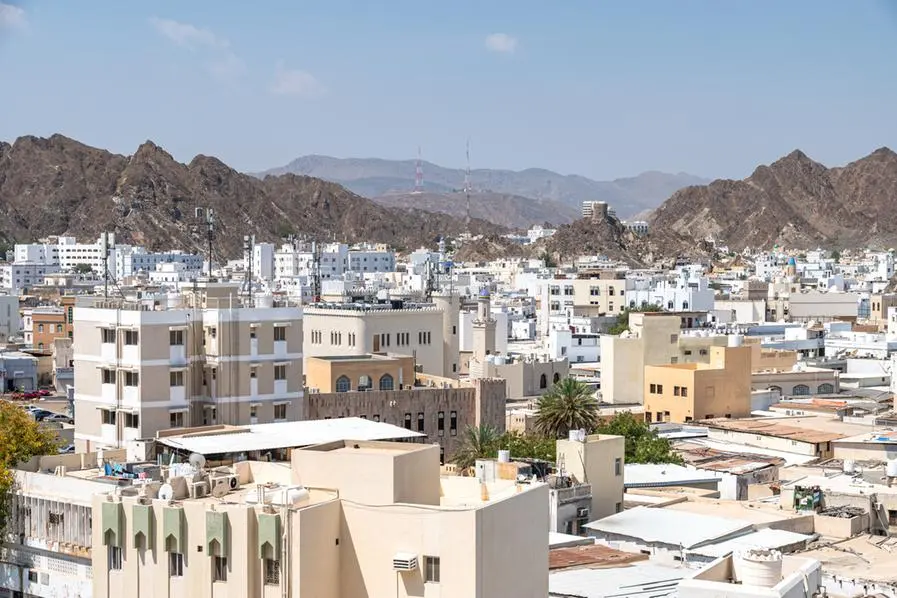PHOTO
Muscat – Economic and industry experts have commended Oman’s general budget for 2025, describing it as balanced while maintaining support for social welfare. They also highlighted a positive step towards reducing the cost of public debt.
In a statement to the Oman News Agency, H E Dr Dhafer bin Awad al Shanfari, Chairman of the Economic and Financial Committee of the State Council, said, “The key positive aspects of the state’s general budget for 2025 include maintaining social support, whether through subsidies for petroleum products, electricity, water, sanitation, and wastewater sectors, or in the social protection system. Furthermore, there has been effective action to reduce the cost of public debt annually, which is being achieved through the restructuring of some lower-cost loans.”
He added that there is significant potential to increase investment spending, particularly in projects with high local content, should a financial surplus be achieved during the year. H E Dr Shanfari emphasised the importance of reinvesting any surplus into initiatives that stimulate the economy, thereby enhancing their contribution to GDP.
He also noted that a portion of the budget spending has been allocated to boosting job opportunities in the private sector, with a focus on supporting the employment and training of Omanis. H E Dr Shanfari expressed hope that a proactive plan will be developed to use any financial surpluses to stimulate the non-oil economy and address the challenges faced by job seekers. He forecasted that the average oil price could exceed $70 per barrel, ensuring that there would be no deficit based on the assumption of a $60 per barrel price.
H E Dr Mohammed bin Hamid al Wardi, a Member of the State Council, commented, “The 2025 budget continues the implementation of the tenth five-year plan and the government’s financial sustainability initiatives, in a global environment marked by geopolitical and economic uncertainties. This year’s budget is the final one in the tenth five-year plan.”
He explained that the 2025 budget aims to achieve financial and economic balance by focusing on reducing public debt, stimulating the economy, and further enhancing social services, particularly through support for the social protection system and the electricity, water, and petroleum sectors.
Dr Wardi also noted that the 2025 budget stands out for the lowest cost of servicing public debt compared to previous budgets, with debt servicing amounting to RO915mn. According to the Ministry of Finance’s budget statement, Oman’s public debt reached approximately RO14.4bn by the end of 2024.
Dr Khalid bin Saeed al Amri, Chairman of the Omani Economic Association, stressed that around RO5bn has been allocated to social spending in the 2025 budget, representing 42% of total expenditure. He said, “Investment in social services is critical, whether in the education or health sectors. The establishment of more than 22 new government schools and projects to build additional health institutions have been announced. The oil and gas sector remains vital, contributing significantly to the country’s GDP.”
Dr Amri also noted that the sultanate’s debt-to-GDP ratio currently stands at 34%, and it is expected to remain within the acceptable range of 35-37% in 2025, following the surplus in the state’s general budget for 2024.
There are clear efforts by the government to diversify the economy, as seen in the 2024 budget. These efforts have led to significant progress in economic diversification, and the government must continue these initiatives in 2025,” he said.
Dr Amri further highlighted that Oman’s sovereign credit rating improved in 2024, and expressed optimism that the sultanate’s rating will continue to improve in 2025.
Dr Yousef bin Ali al Balushi, an economic expert, said, “The 2025 budget strikes a good balance, focusing on social aspects, expanding the social protection network, completing infrastructure projects, and supporting investments in various economic sectors.”
He added, “One reassuring aspect of the budget is the reduction in public debt servicing, which has decreased to approximately RO900mn – a significant reduction compared to the previous year. Furthermore, improving Oman’s credit rating to a positive investment grade will strengthen the Omani economy, especially by increasing the flow of investments.”
© Apex Press and Publishing Provided by SyndiGate Media Inc. (Syndigate.info).





















